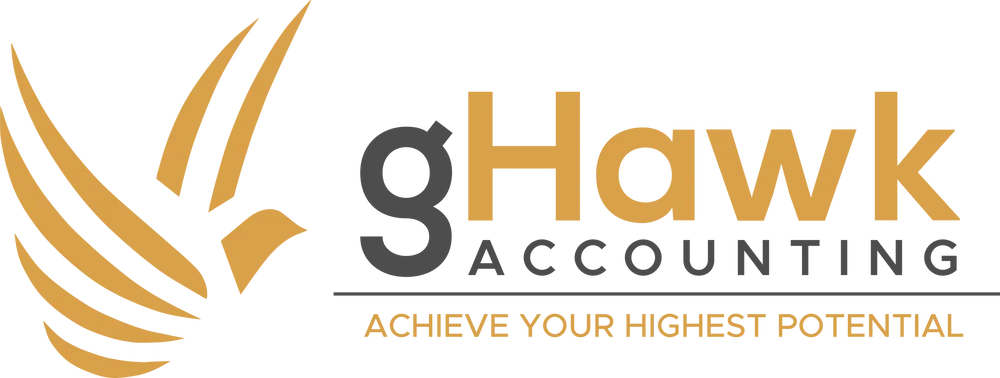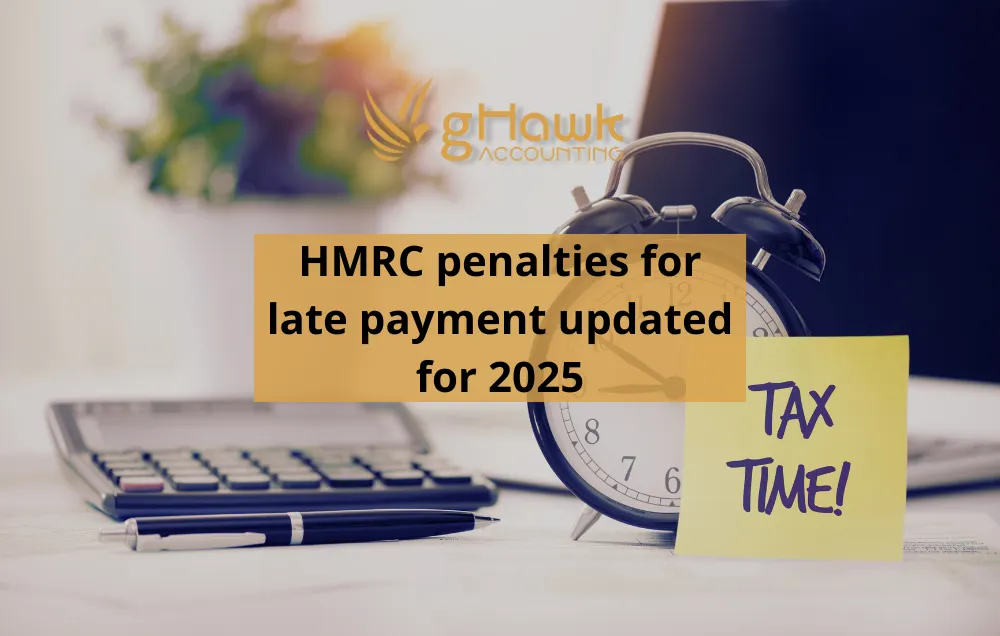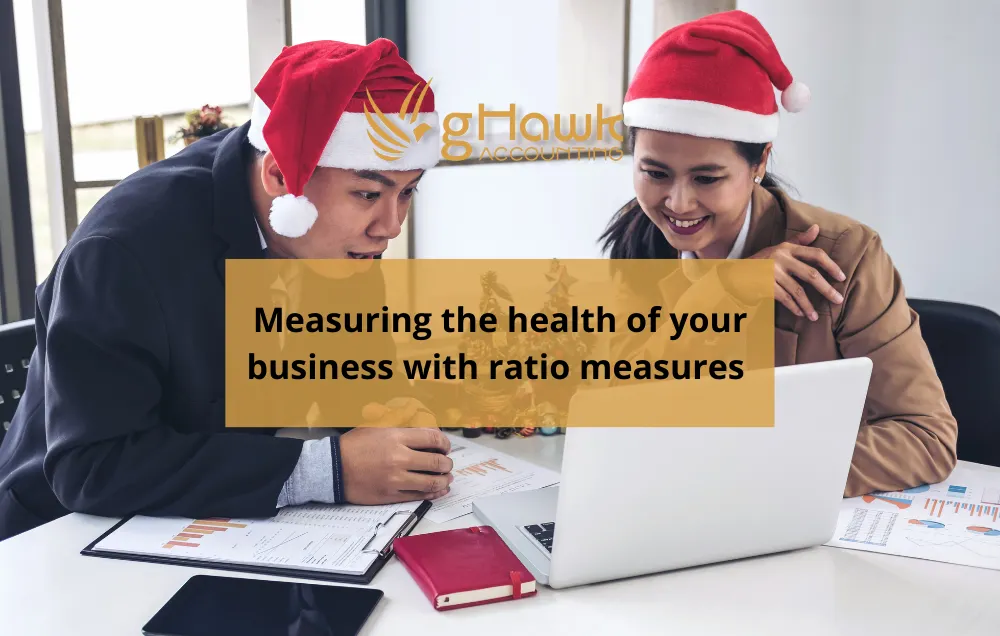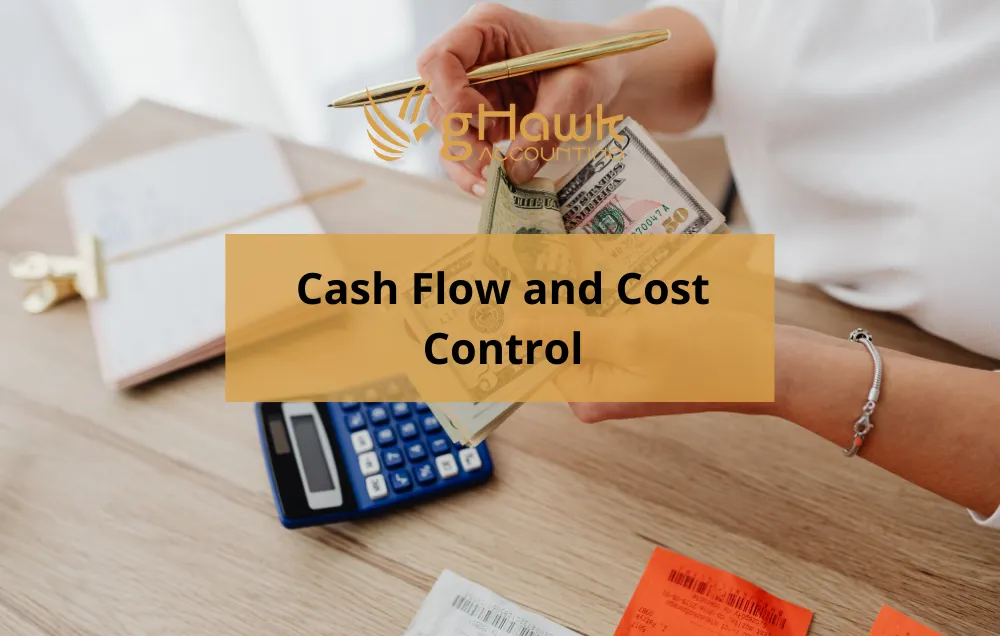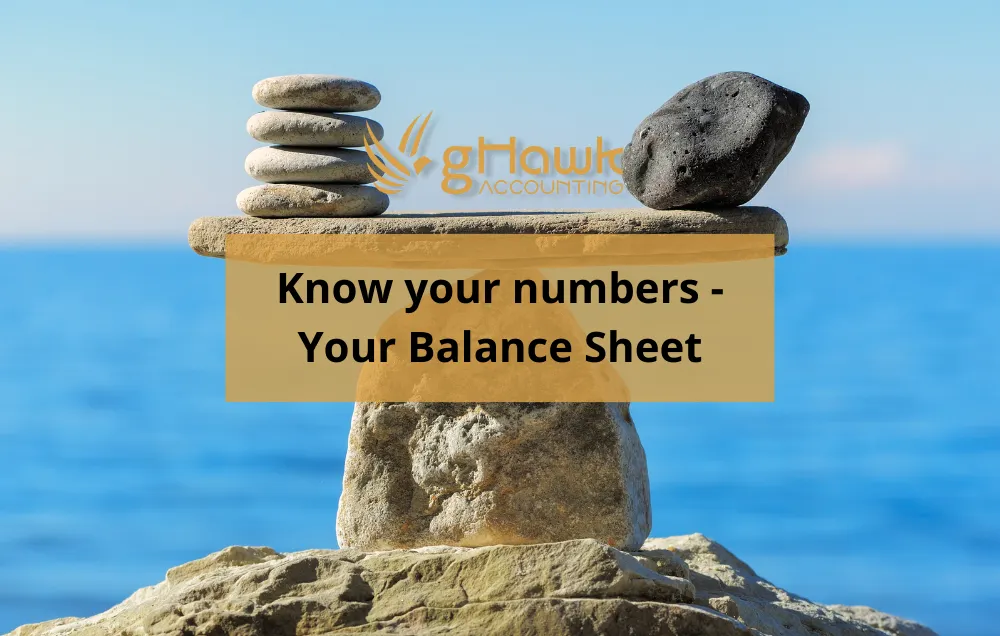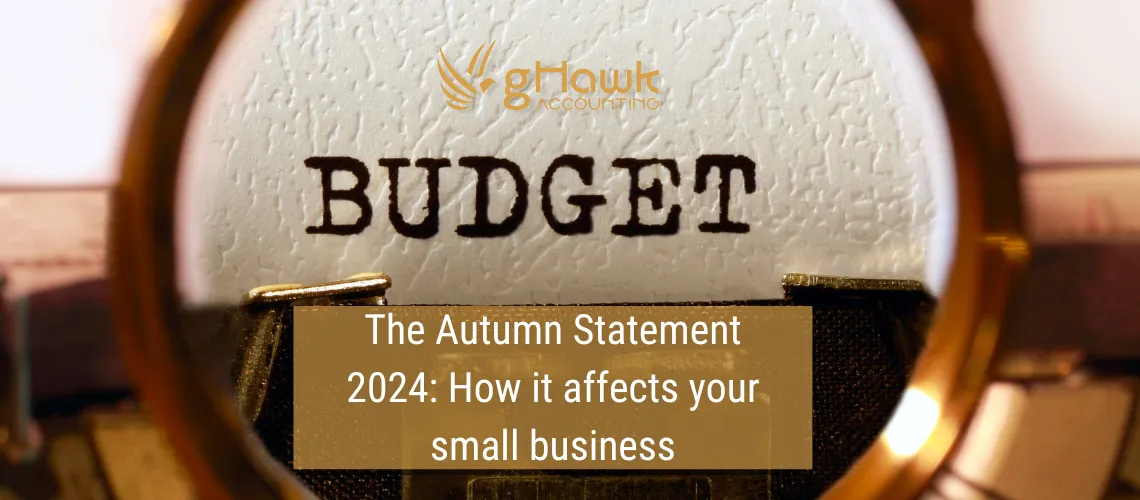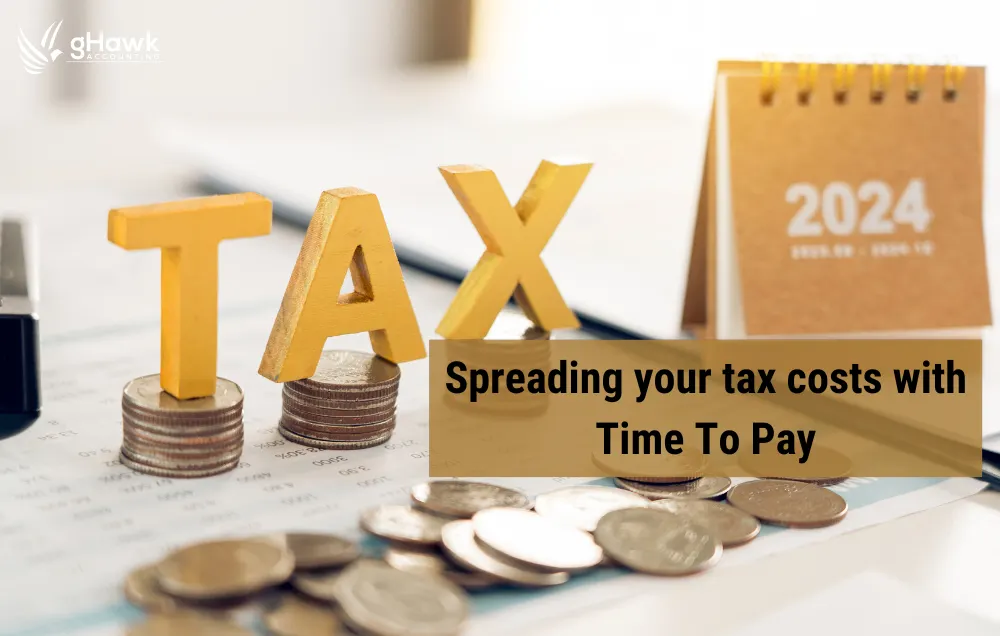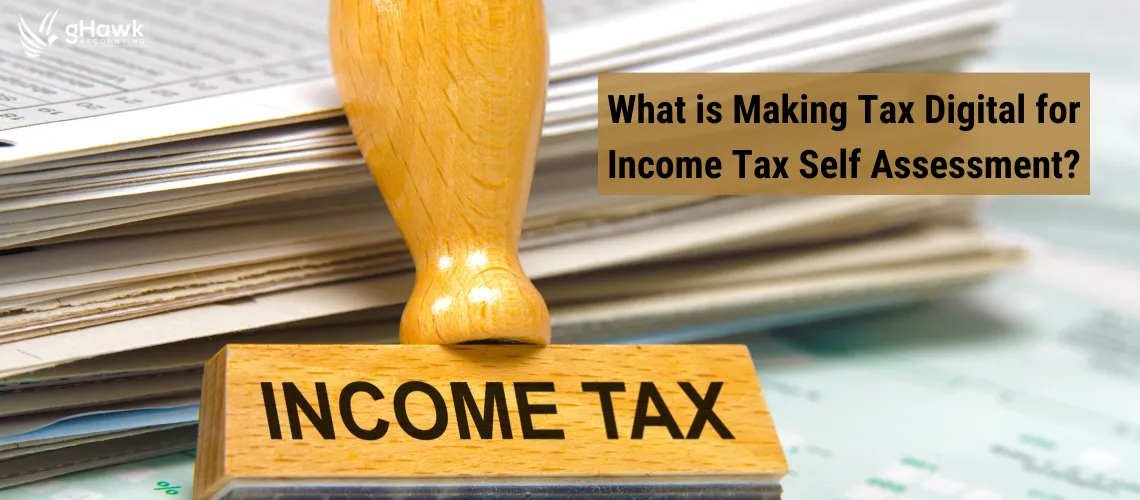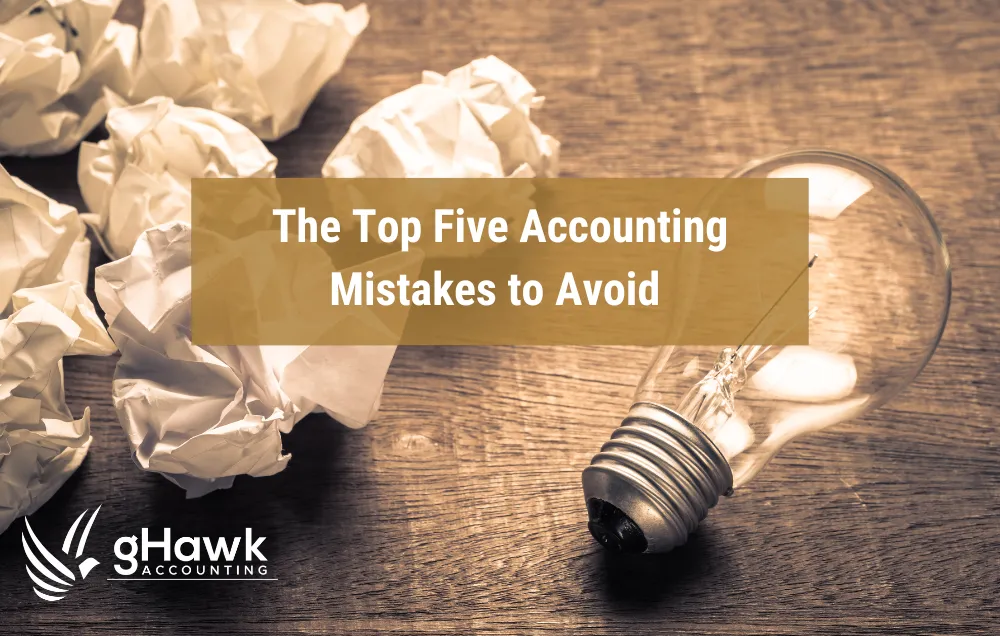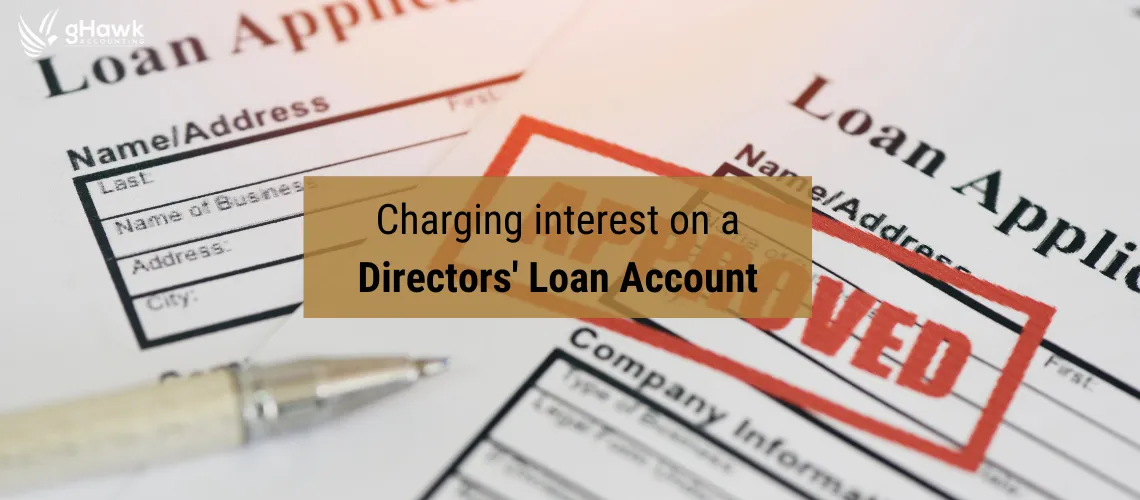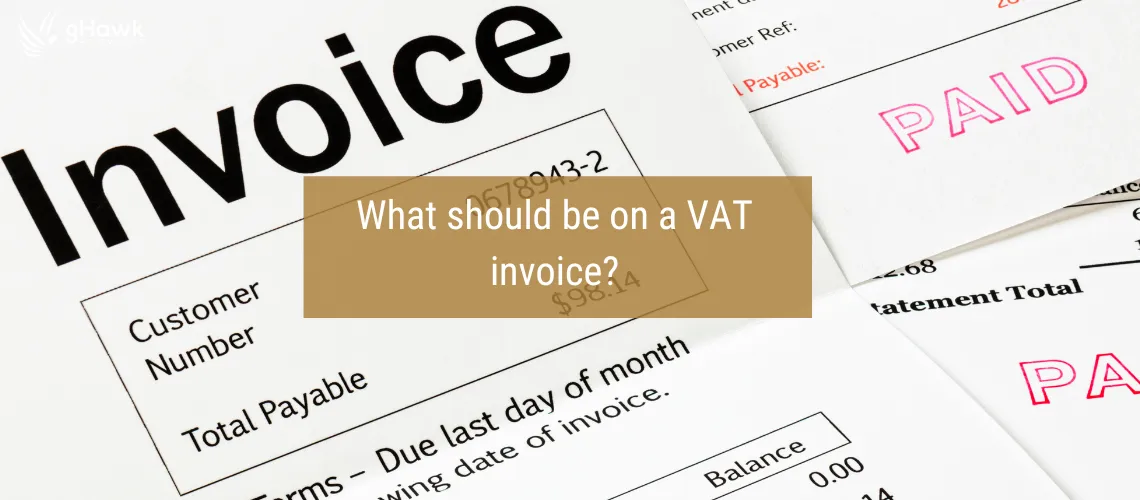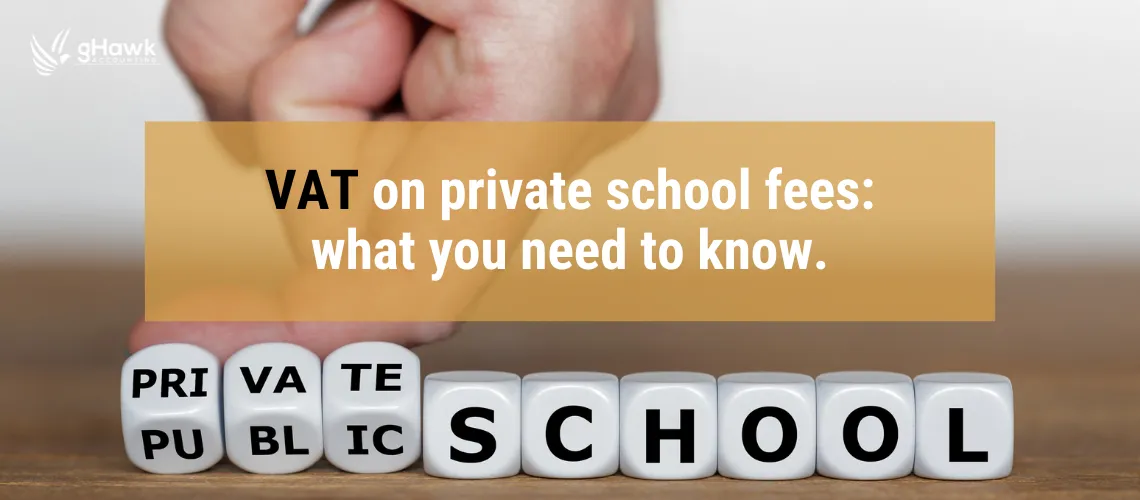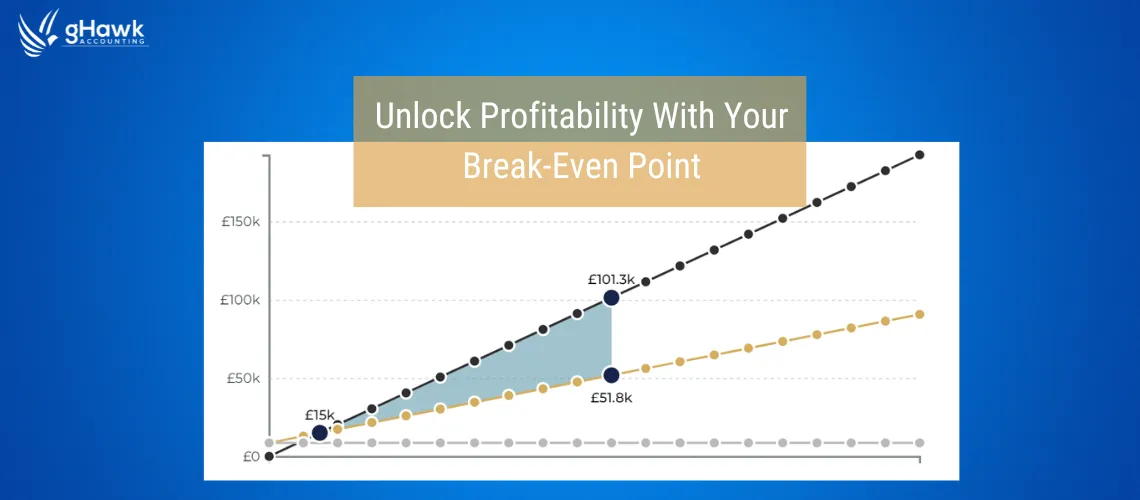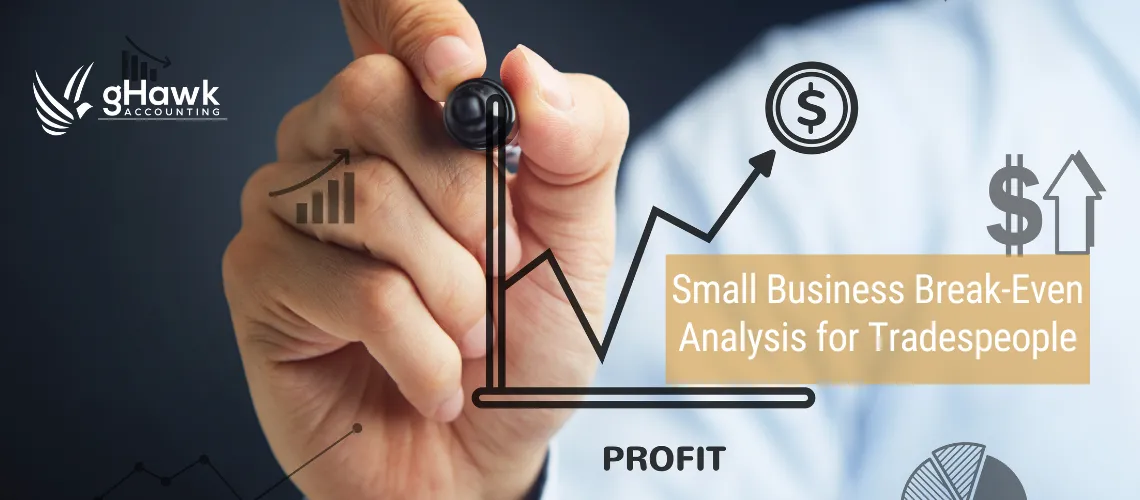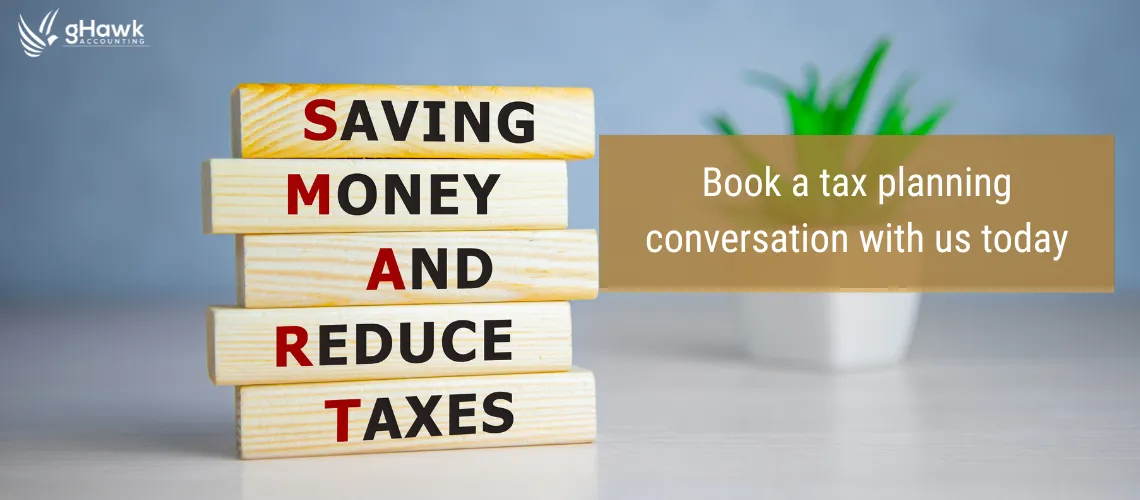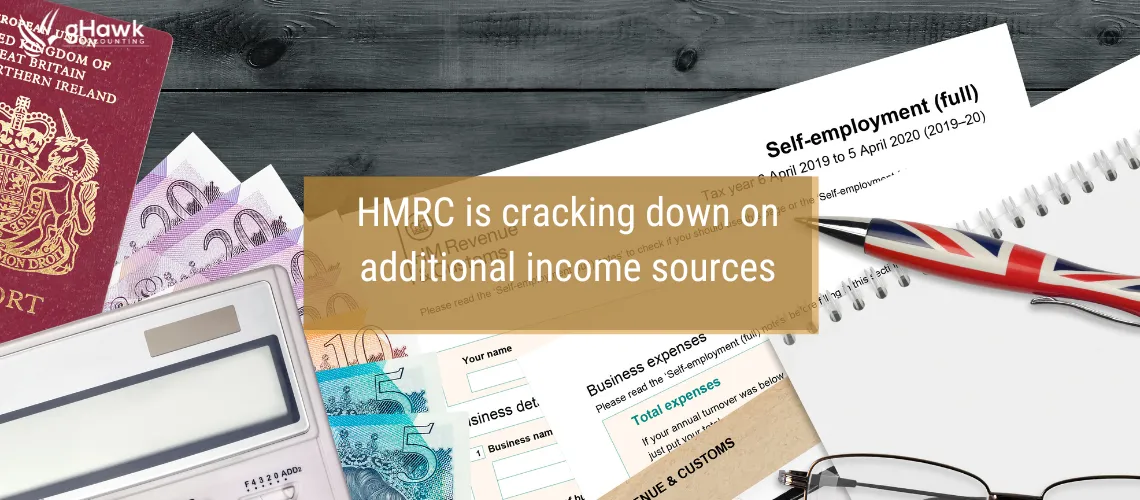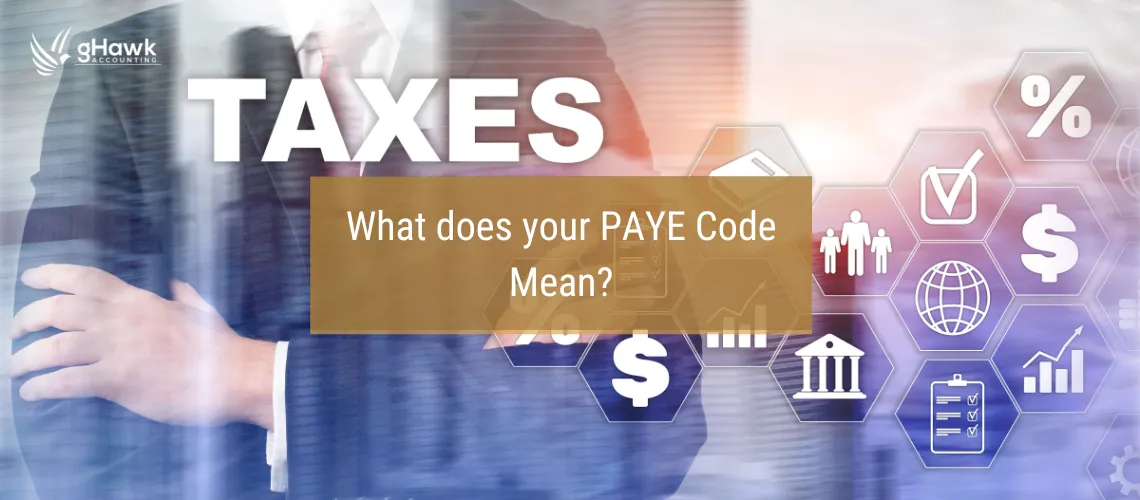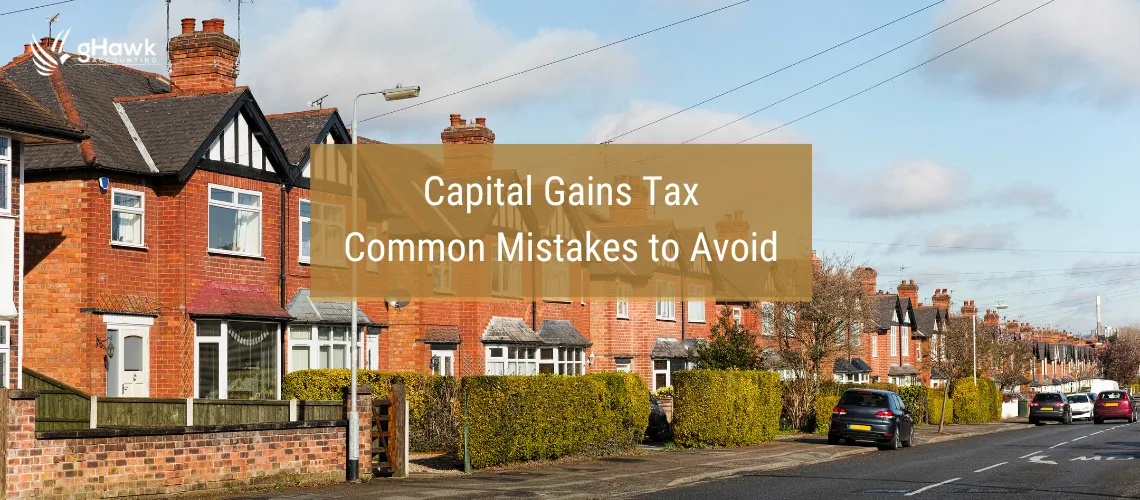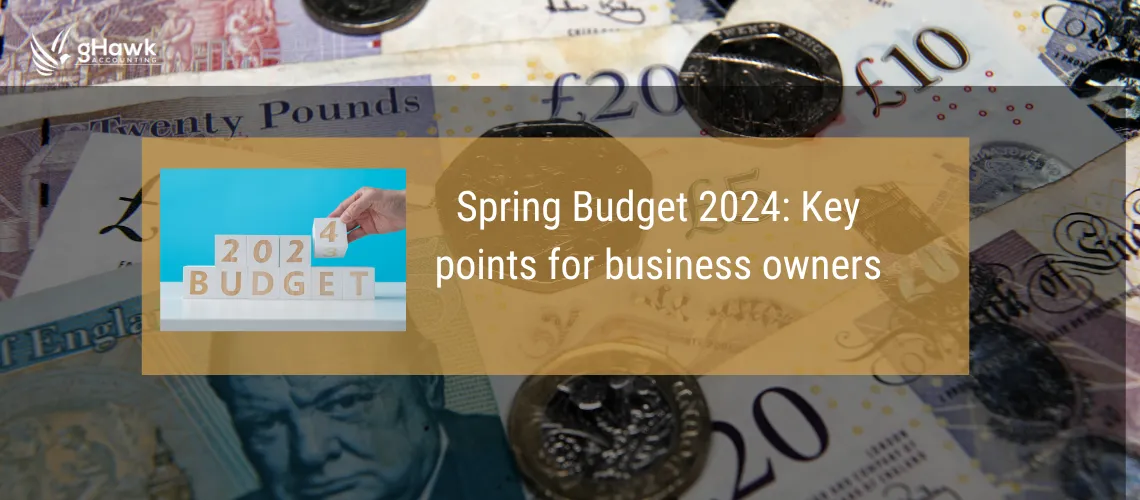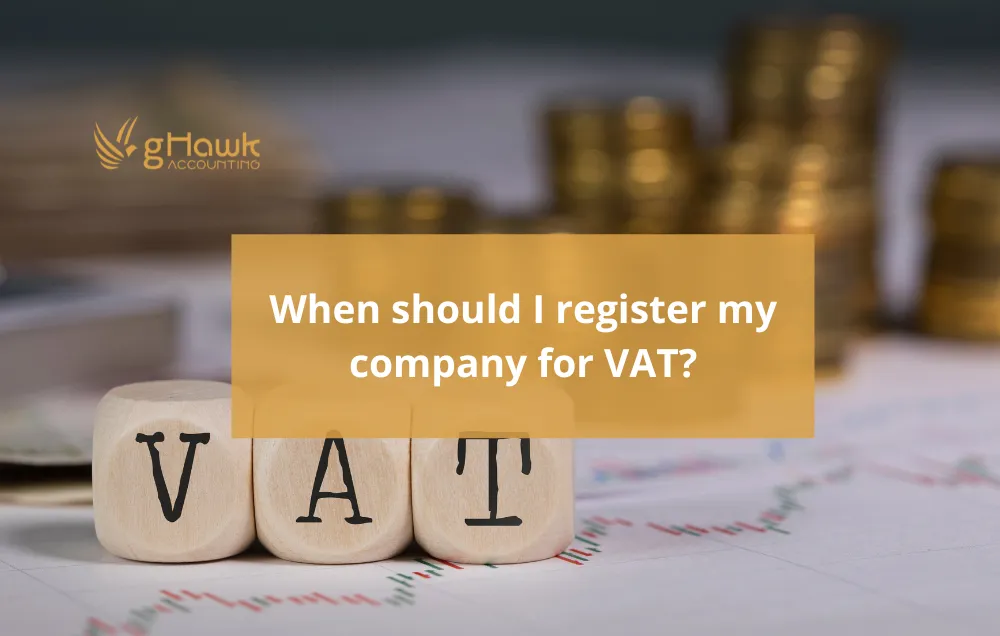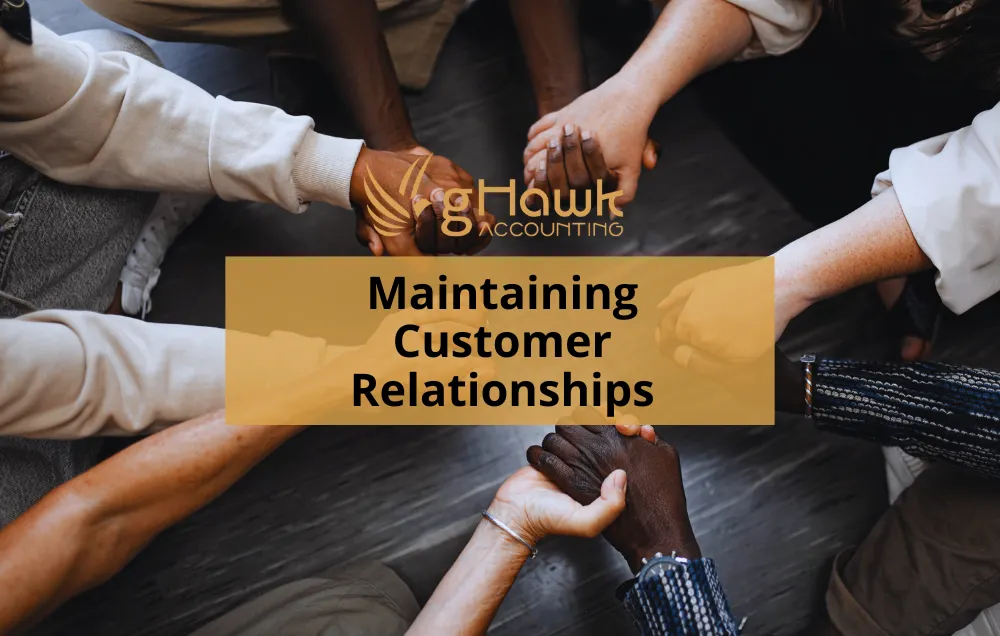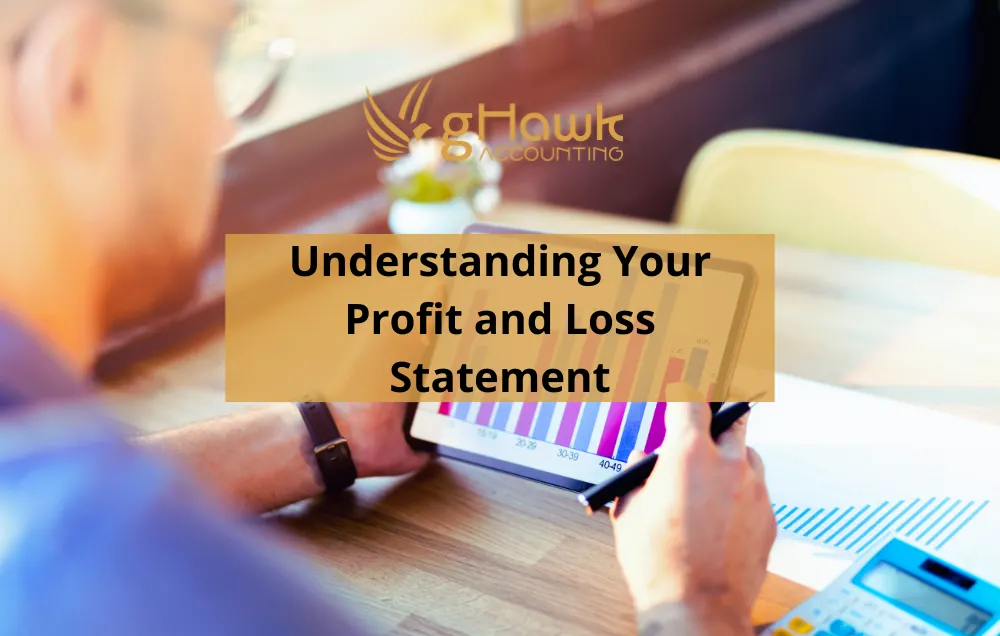What are “payments on account” for self-assessment?
Have you wondered why you have to pay your self-assessment tax in instalments?
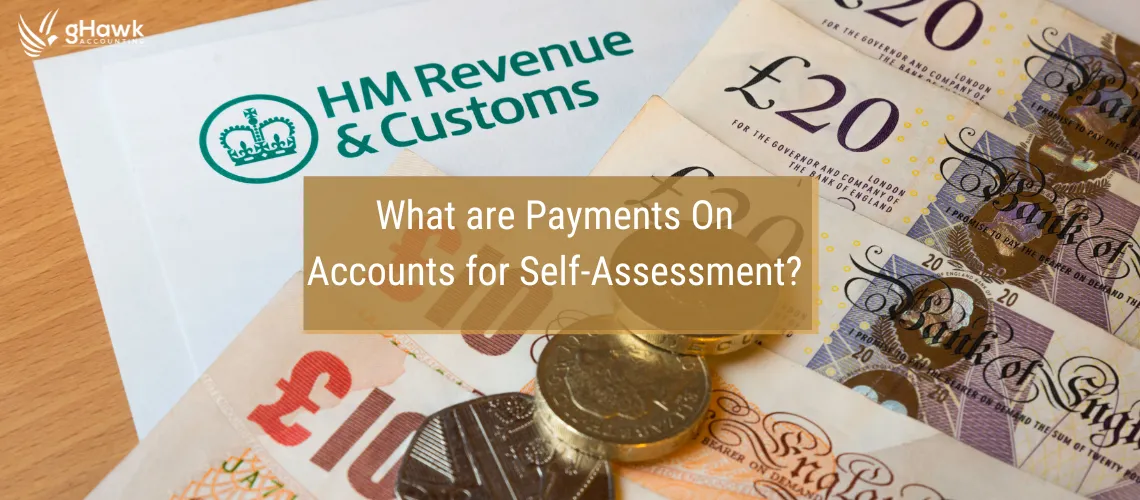
What are payments on account?
‘Payments on account’ are tax payments required by HMRC as “advance payments” towards your next year’s tax bill.
These “payments on account” apply to both directors and self-employed individuals who meet the following criteria.
- Your Self-Assessment tax bill is more than £1,000
- You paid less than 80% of the current year’s tax you owed, e.g. through your tax code.
“Payments on account” assumes that your tax bill for the following year will be the same as for the current year.
“Payments on account” consist of two payments, each 50% of the current year’s tax bill.
Payments on account are payable in two instalments, expected by 31 January and 31 July.
What happens if you have paid your self-assessment tax in advance?
If you have made “payments of account” and effectively paid your tax in advance, you will prepare your next tax return as normal and determine the actual tax bill.
You then need to deduct the tax paid in advance to determine whether you have overpaid or underpaid.
If you still have tax to pay after you’ve made your payments on account, you must make a ‘balancing payment’ by midnight on 31 January next year.
If you have paid too much tax, then you will be due a refund.
Contact us if you need help with your self-assessment or understanding letters you have received from HMRC.
